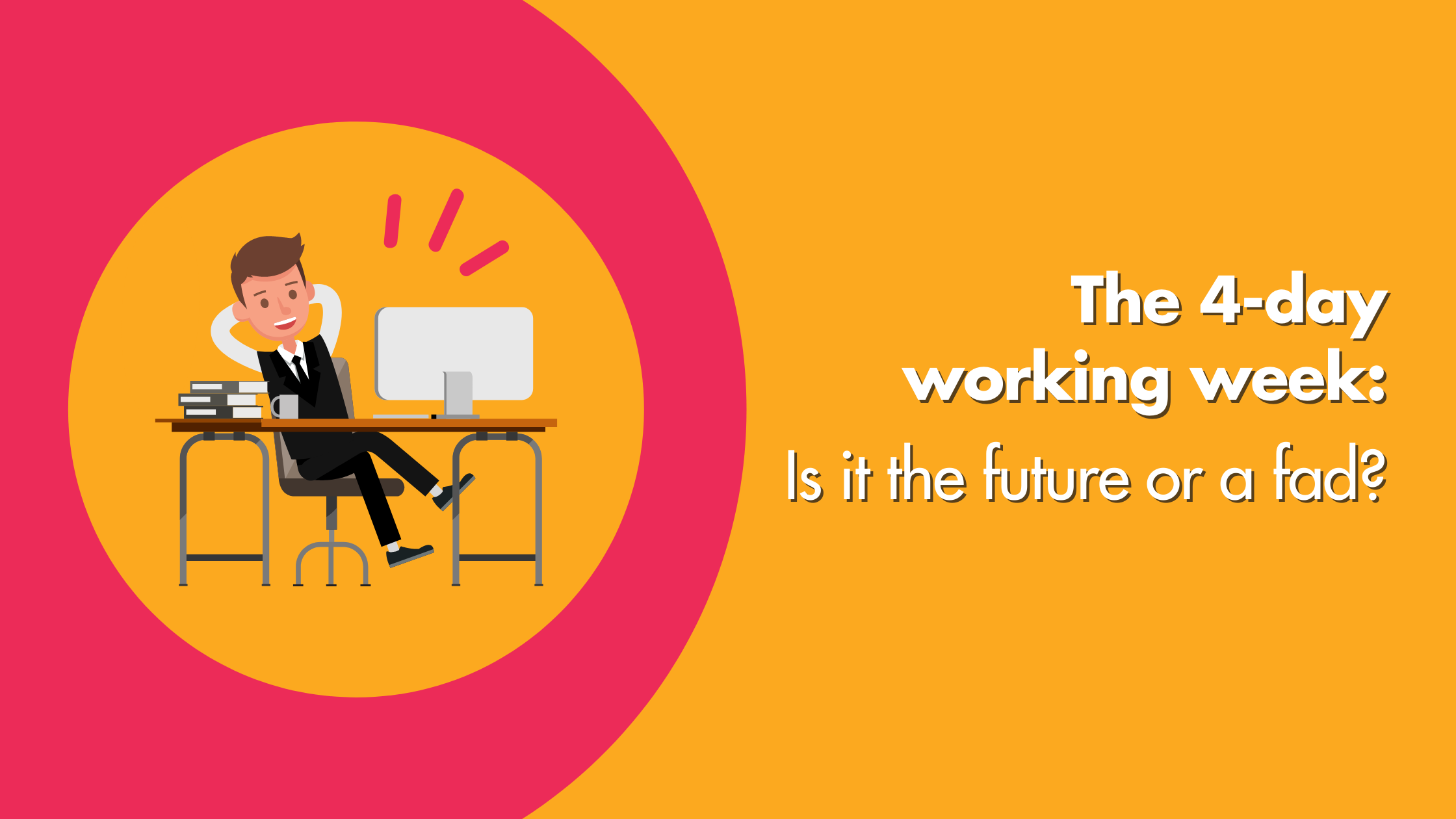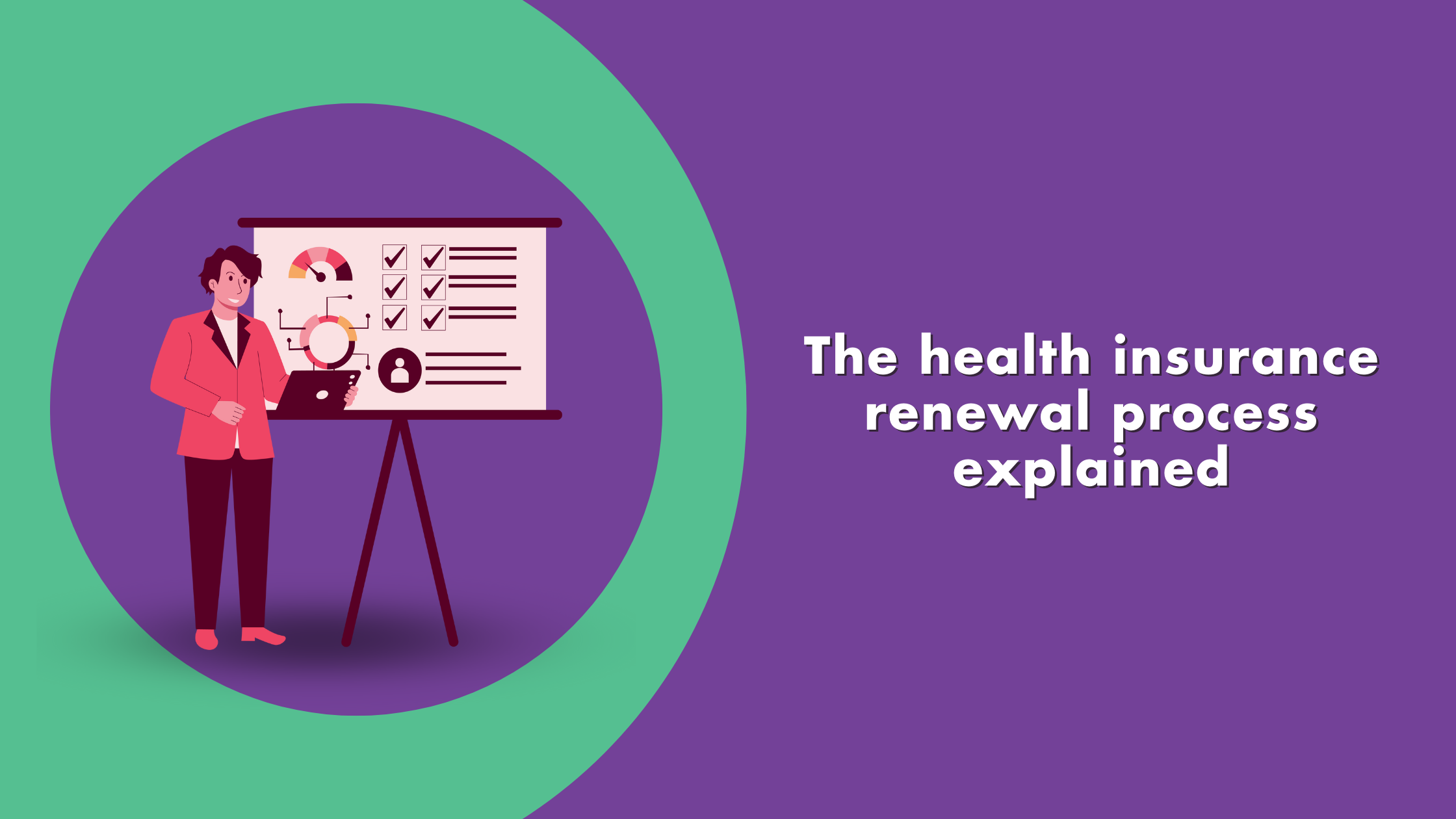The last two years have proven one thing: we can change the way we work. Remote, hybrid and flexible working have suddenly become the norm in many workplaces where once it would have been considered crazy.
Could the four-day working week also make the switch from unthinkable to commonplace?
A shorter working week is being hailed as the future of employee productivity and wellbeing, with a major UK study taking place this year. In this post, we reveal whether it can live up to the hype.
Looking to set up or review an employee benefits scheme for your company? Contact our friendly team of experts at hello@hoorayinsurance.co.uk or use the chatbox in the bottom right for support.
- 1 The logic behind a 4-day working week
- 2 Is there evidence of the 4-day week being successful?
- 3 7 potential benefits of a 4-day working week
- 4 3 potential drawbacks of dropping a day
- 5 UK companies put it to the test
- 6 Is it the future of work? Or can traditional employee perks provide similar benefits?
- 7 4 days or 5? Either way, help is at hand…
The logic behind a 4-day working week
The principle behind the four-day working week approach is the 100:80:100 model. This means that staff continue to get 100% of their salary for 80% of their time in exchange for a commitment by staff to maintain at least 100% of their existing productivity.
The outcome of the scheme is meant to boost employee productivity even further by establishing a healthier relationship to work, allowing staff to enjoy a better work-life balance.
Sounds simple enough! But can it actually work?
Is there evidence of the 4-day week being successful?
From past trials that have taken place, the short answer appears to be, yes! A previous pilot by Iceland’s government and Reykjavik City Council cut hours for more than 2,500 workers, finishing in 2019.
The results? Staff reported feeling less stressed, and health and work-life balance improved – staff were able to spend more time with family, doing hobbies and completing household chores among other things. 86% of workforces have now either moved to shorter hours for the same pay or hoping to gain the right to.
Another example of success comes from the New Zealand firm Perpetual Guardian. 78% of their employees reported they could more effectively balance their work and home life, compared to only 54% prior to the experiment.
Could the four-day week benefit many UK companies too?
Looking for FREE advice on how to best support your teams? Hooray’s team of experts will be happy to answer any questions you have regarding the health insurance market and employee benefits. Simply call 01273 222805 or use the chatbox on the bottom right.
7 potential benefits of a 4-day working week
“The four-day week pilot is a fantastic opportunity to challenge another long-standing truism – that to deliver quality you must work long hours,” says Dr Mark Downs Chief Executive of The Royal Society of Biology, “It will position us as a leading employer, allow us to retain and attract the best staff and to continue to deliver impact and value.”
Below we’ve broken down some of the benefits that implementing a four-day week could bring to your organisation:
- Improves employees’ work-life balance – helping them become happier and healthier
- Improves productivity levels
- Increases employee satisfaction
- Supports workers who have specific caregiving responsibilities
- Reduces overall business costs e.g., office running costs, commute pay-outs, free food and drink offerings
- Improves employee health (physically and mentally) –employees can do more things they love, spend more time with family/friends – naturally leading to an improvement in wellbeing
- Boosts recruitment and retention levels – staff are kept motivated, making your organisation stand out
3 potential drawbacks of dropping a day
However, despite the many benefits that appear to be coming out of the four-day week, there is still debate over whether this is the right step for every UK business. Here are a few predictions of what could go wrong with this scheme:
- Too intense! The aim is to improve wellbeing, but stress or burnout with staff trying to cram every task into four days rather than five could lead to added pressure, stress, and anxieties.
- Too detached! Workers who are already feeling disconnected from their company culture could become more likely to drift further away as they are coming in to work fewer days a week.
- Too niche! The scheme doesn’t suit every business model – for example, many retail and hospitality companies would struggle to implement it.
UK companies put it to the test
Set to run from June 1st, 60 UK companies and 3,000 workers will be following a four-day working week plan with no reduction in pay. The trial period is to run for an initial 6 months. The results will be tracked by academics at Oxford and Cambridge universities, working with each participating organisation to measure the impact on productivity and the wellbeing of staff. Both workplace environment and gender equality are predicted to improve.
Employees spanning a wide range of businesses, charities and industries are expected to take part in the scheme, not just stopping at office-based jobs! Below are a handful of organisations that are getting involved:
- The Royal Society of Biology
- Hutch
- Yo Telecom
- Adzooma
- Pressure Drop Brewing
- Happy
- Platten’s Fish and Chips
- Eurowagens
- Bookishly
- Outcomes First Group
- Trio Media
The trial may well prove that condensing time spent at work from five days to four improves working conditions, creating a shift from focusing on hours to output of productivity.
“Increasingly, managers and executives are embracing a new model of work which focuses on quality of outputs, not quantity of hours,” says Joe O’Connor Chief Executive of campaign group 4 Day Week Global. “Workers have emerged from the pandemic with different expectations around what constitutes a healthy life/work balance. Sometimes it takes a big disruptor to dislodge deeply embedded societal and cultural norms. That’s what we are seeing with the traditional five-day working week following the Covid-induced flexible working revolution.”
Is it the future of work? Or can traditional employee perks provide similar benefits?
Whilst the upcoming four-day trial may be the answer for some businesses, there are still many other options for providing the support your staff require.
We’ve listed a few highly sought after employee benefits that can also help address work-life balance, improving overall employee wellbeing and the success of your business!
- Flexible/hybrid working arrangements – giving your staff the freedom to choose where they work/how often they are in the office.
- Employee education investment – e.g., offering further qualifications so staff can progress along career paths and expand their skill set while on the clock.
- Employee Assistance Programmes – EAPs offer a wide range of helpful services including counselling sessions, discount schemes, family support services and much more.
- Extra holiday entitlement – is always highly valued by employees.
- Healthy living benefits – such as gym memberships/discounts, access to fitness classes and access to mindfulness apps.
To learn more about in-demand employee benefits, read our 2021 survey of start-up employees or check out our summary of employee benefits currently leading the way.
4 days or 5? Either way, help is at hand…
Whether you’re going to be joining the four-day working week trial or not, establishing an employee benefits scheme is still incredibly important!
At Hooray Health & Protection we help you find the right employee benefits that fit with the specific needs of your business and staff. We recognise the importance of providing the perfect blend of perks to give to your staff – whether that’s going for more traditional employee benefits such as Group Life Insurance and Business Health Insurance or trying out more innovative employee perks.
Call us on 01273 222805 or click on the bottom right chatbox and we’ll deliver straightforward advice and the most competitive quotes for FREE.
Author

Author: Eleanor Chilvers








![_HPA24 Advice Firm of the Year [YELLOW] _HPA24 Advice Firm of the Year [YELLOW]](https://hoorayinsurance.co.uk/wp-content/uploads/elementor/thumbs/HPA24-Advice-Firm-of-the-Year-YELLOW-qwfw5zs3ef19fjq6cnwf697rj9gwqbf8o6443qptg0.png)
![_HPA24 Best Small Health Insurance Advice Firm [YELLOW] _HPA24 Best Small Health Insurance Advice Firm [YELLOW]](https://hoorayinsurance.co.uk/wp-content/uploads/elementor/thumbs/HPA24-Best-Small-Health-Insurance-Advice-Firm-YELLOW-qwfw5yu97kzz3xrji5hslrgaxvljimbic1gmmgr7m8.png)
![_HPA24 Best Sales & Retention Advice Team [YELLOW] _HPA24 Best Sales & Retention Advice Team [YELLOW]](https://hoorayinsurance.co.uk/wp-content/uploads/elementor/thumbs/HPA24-Best-Sales-Retention-Advice-Team-YELLOW-qwfw5yu97kzz3xrji5hslrgaxvljimbic1gmmgr7m8.png)
![_HPA24 Best Small Protection Advice Firm [YELLOW] _HPA24 Best Small Protection Advice Firm [YELLOW]](https://hoorayinsurance.co.uk/wp-content/uploads/elementor/thumbs/HPA24-Best-Small-Protection-Advice-Firm-YELLOW-qwfw5zs3ef19fjq6cnwf697rj9gwqbf8o6443qptg0.png)